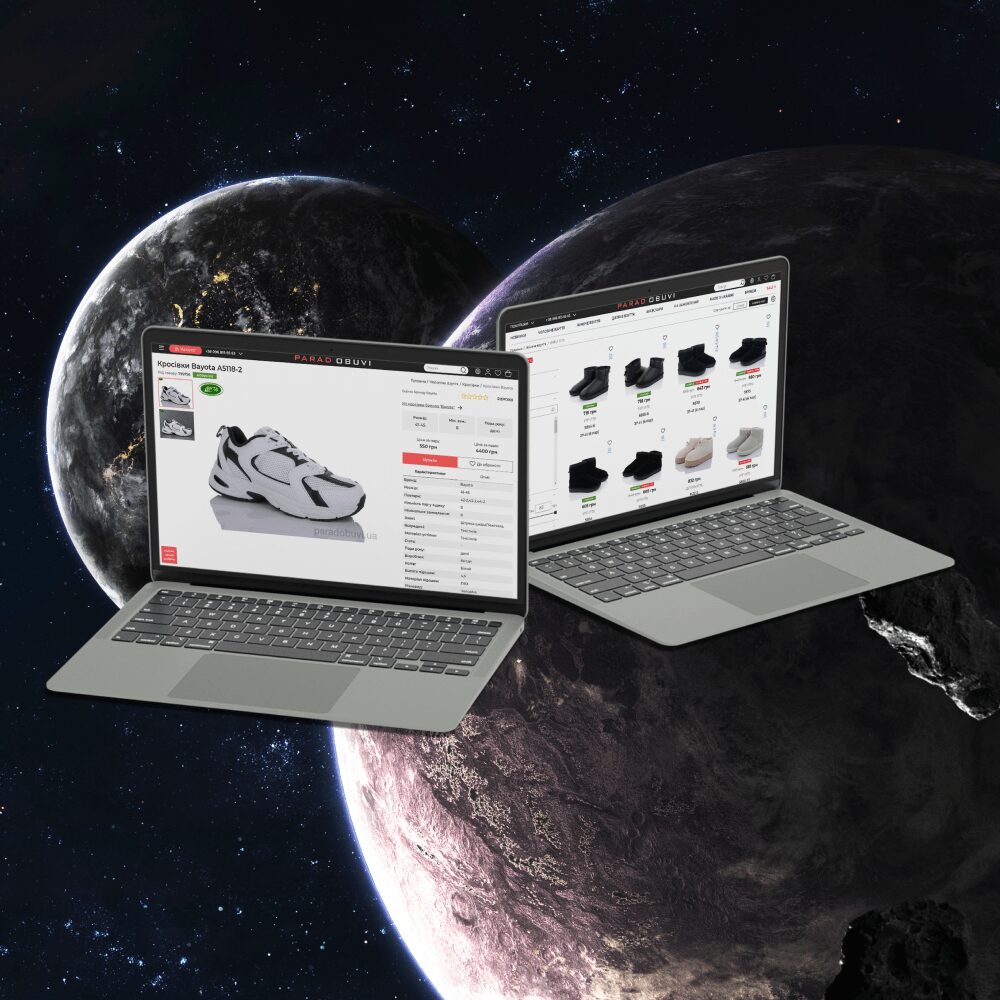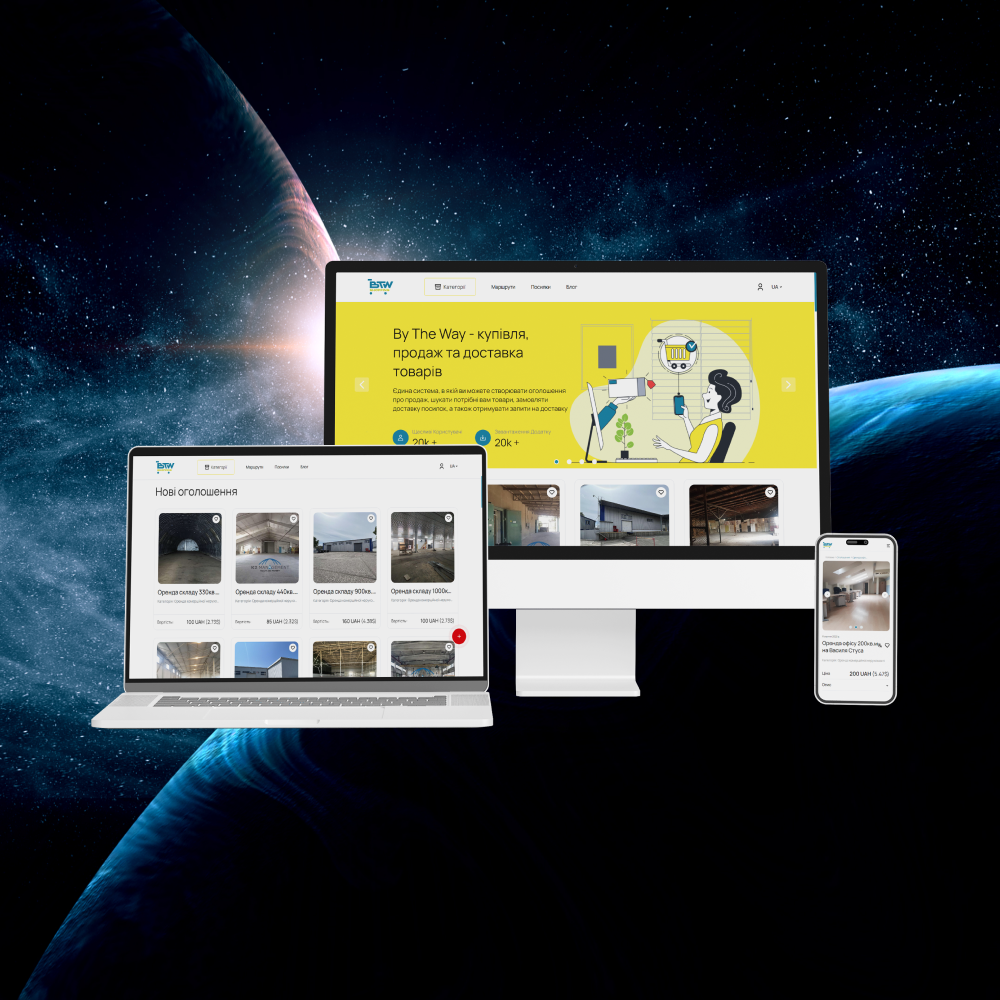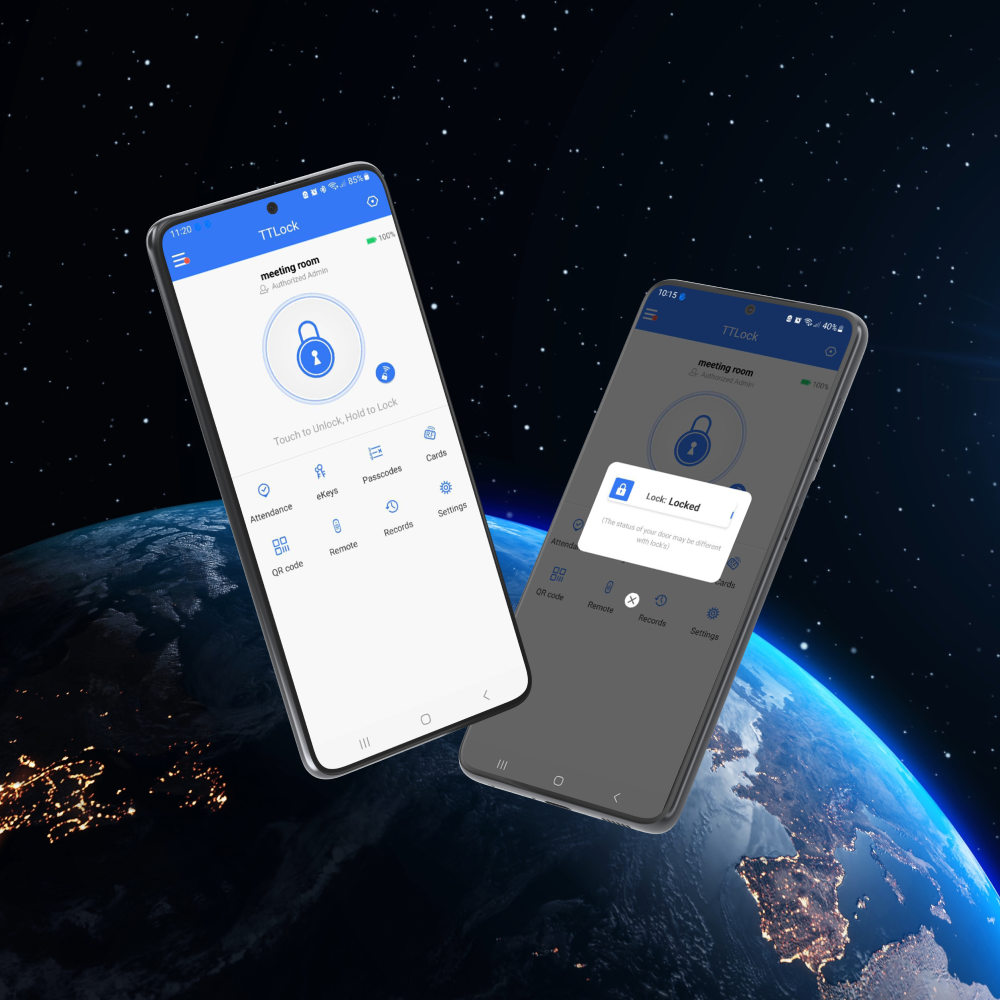Between web and mobile - how PWA applications help business
Between web and mobile - how PWA applications help business
PWA appsBetween web and mobile - how PWA applications help business PWA apps
Progressive Web App, or PWA for short, is a relatively young technology that combines the benefits of regular websites and mobile apps. In practice, this gives maximum speed and ease of use of the software.
In this article, we will talk about exactly how PWA applications work, analyze their strengths and weaknesses, and tell you exactly how they can help a business achieve commercial results.
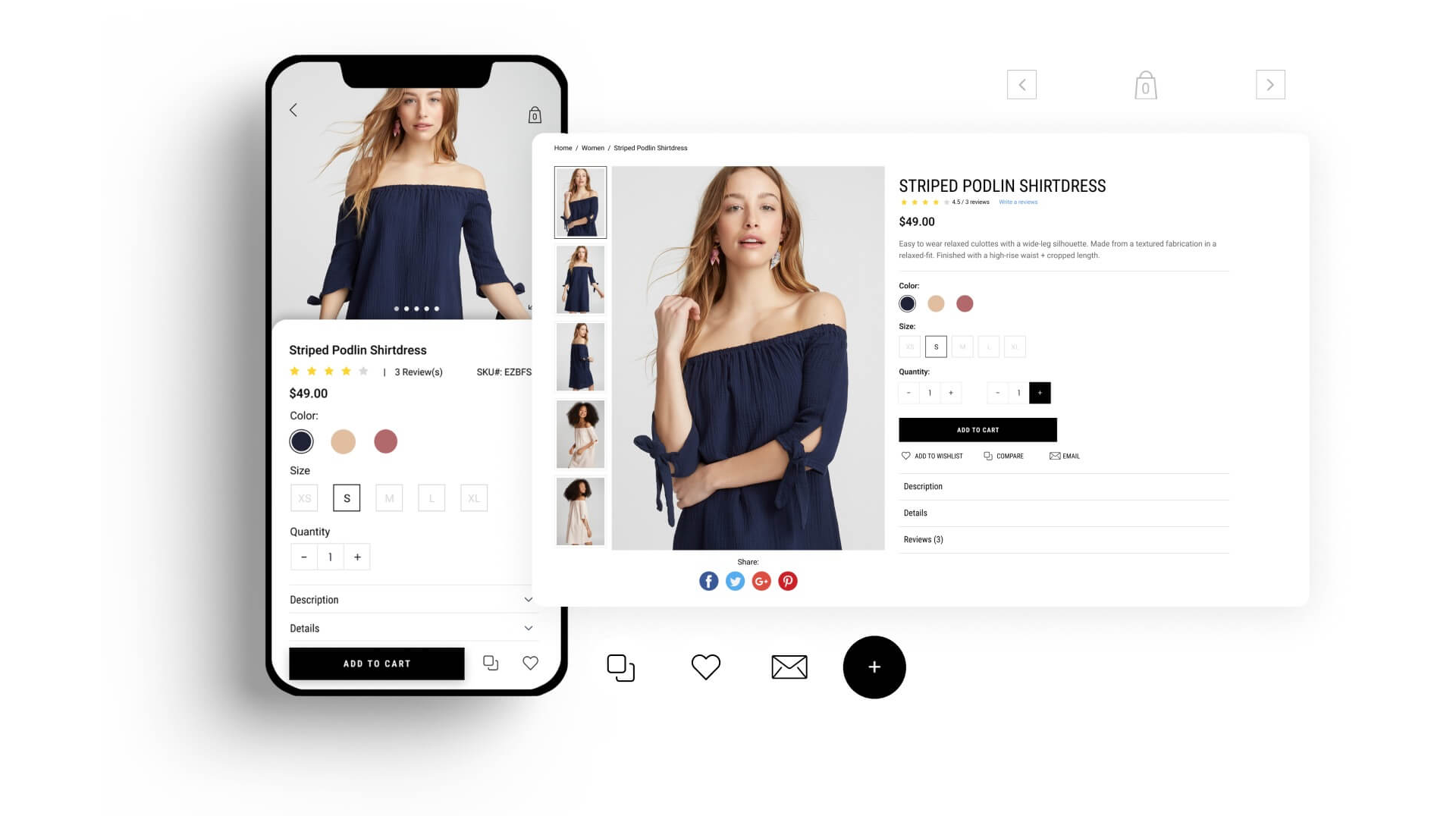
How PWA apps work
ArchitectureHow PWA apps work Architecture
PWA applications, like a website, can be single-page – SPA, or multi-page – MPA. It doesn’t really matter. But their architecture is somewhat different, and consists of three main components:
- Frontend. This is the client side of the application. It forms its visual representation in the browser and builds a certain logic of interaction with the user. To implement the PWA frontend, static HTML, CSS and JavaScript technologies or reactive frameworks – Vue.js, React, js, Angular and others can be used.
- Backend. The server part of the application is responsible for storing data and providing it to the client side at the request of the user. In PWA, the backend can be written in almost any server-side programming language – PHP, Python, Java, Node.js or Yii2, Laravel, Django, Flask frameworks.
- Manifesto. In fact, this is a JSON file that allows you to install PWA on a mobile device and makes it work like a normal native application. As a rule, the manifest includes product metadata – the name, icon, color scheme, and other settings, and also contains links to various resources necessary for the product to work, such as script files.
How does PWA work?
How does PWA work?
- First of all, the user installs the PWA on the home screen of their device.
- When an application is launched, the first thing that is loaded is its frontend — HTML, CSS, and JavaScript code.
- After that, a background Service Worker process is launched, which runs in the browser and is responsible for caching data and managing offline mode. It is important that it is able to cache resources even without a network connection, using the physical memory of the device.
- Information storage in PWA is run by a separate thread in the IndexedDB or localStorage database, and is independent of the main thread of the web page. This means that the user can work with the application both online and offline. In the second case, the data is temporarily stored in the local storage and transferred to the server the next time you connect to the Network.
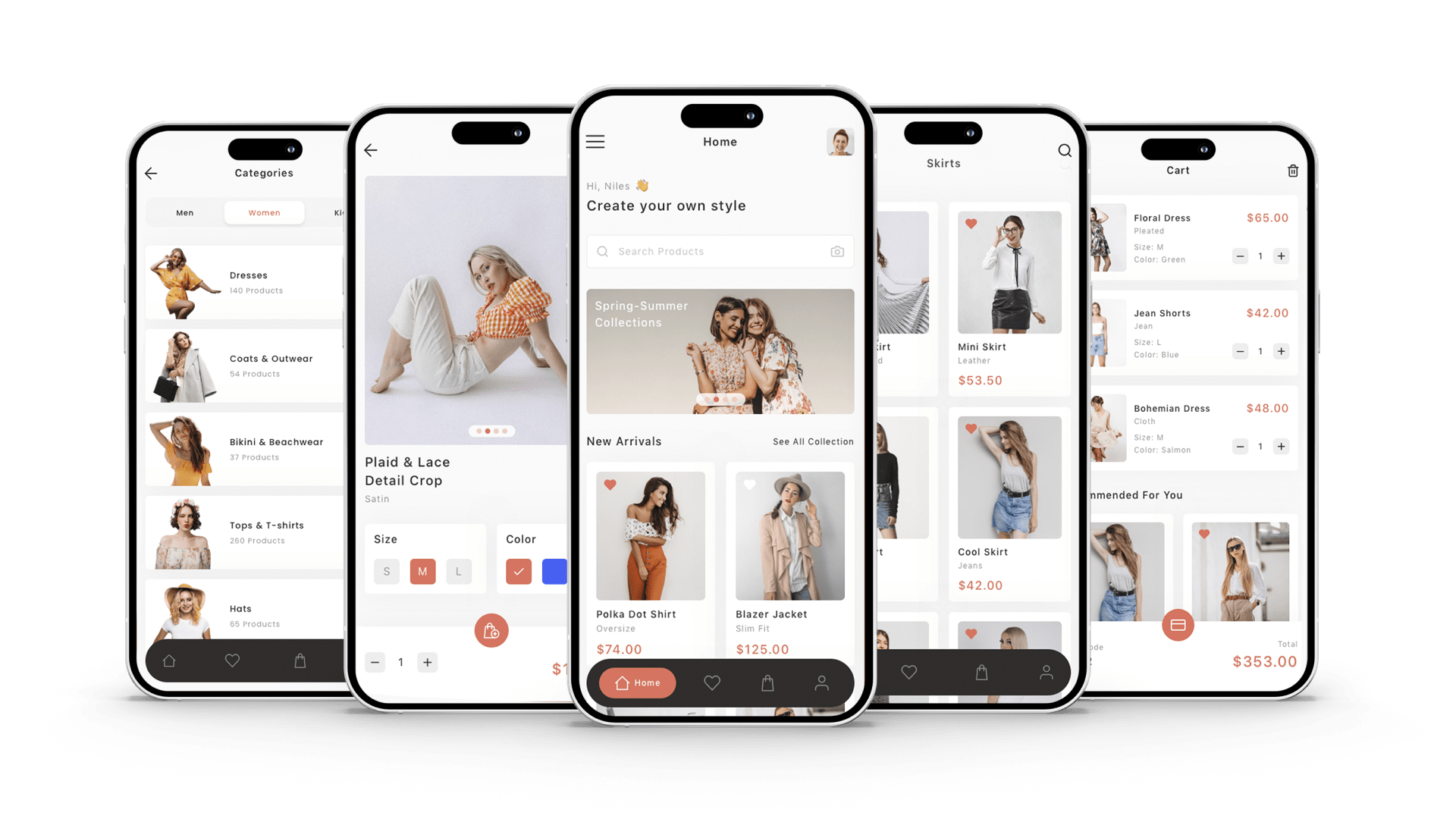
Why you should use PWA apps
Benefits of PWAWhy you should use PWA apps Benefits of PWA
Using progressive applications, businesses provide customers with quick and convenient access to their online services, without having to download applications from the AppStore or the Play Market. Thanks to this innovative feature, PWAs have become quite widespread in the market, and even major global brands such as Starbucks, Uber and Pinterest have started to launch their own Progressive Web Apps.There are many arguments in favor of such decisions:
- Increasing site conversion. As users get faster access to business features, they are more likely to take a targeted action, such as making a purchase from an online store.
- Reduced development costs. PWA apps use the same code to run on different operating systems, so building them can be more cost effective than releasing full-fledged mobile apps for IOS and Android.
- Ease of upgrade. The user does not need to install PWA updates through the app markets.
- Increasing brand awareness. The company logo is always on the main screen of the user’s smartphone.
- Lack of competition in search results. The client contacts the company directly through the application without using a browser. This minimizes the risk that he will make a purchase from a competitor.
- Savings on advertising. PWA gives the company access to push notifications. They will definitely not go unnoticed, they will help increase sales and save your advertising budget.
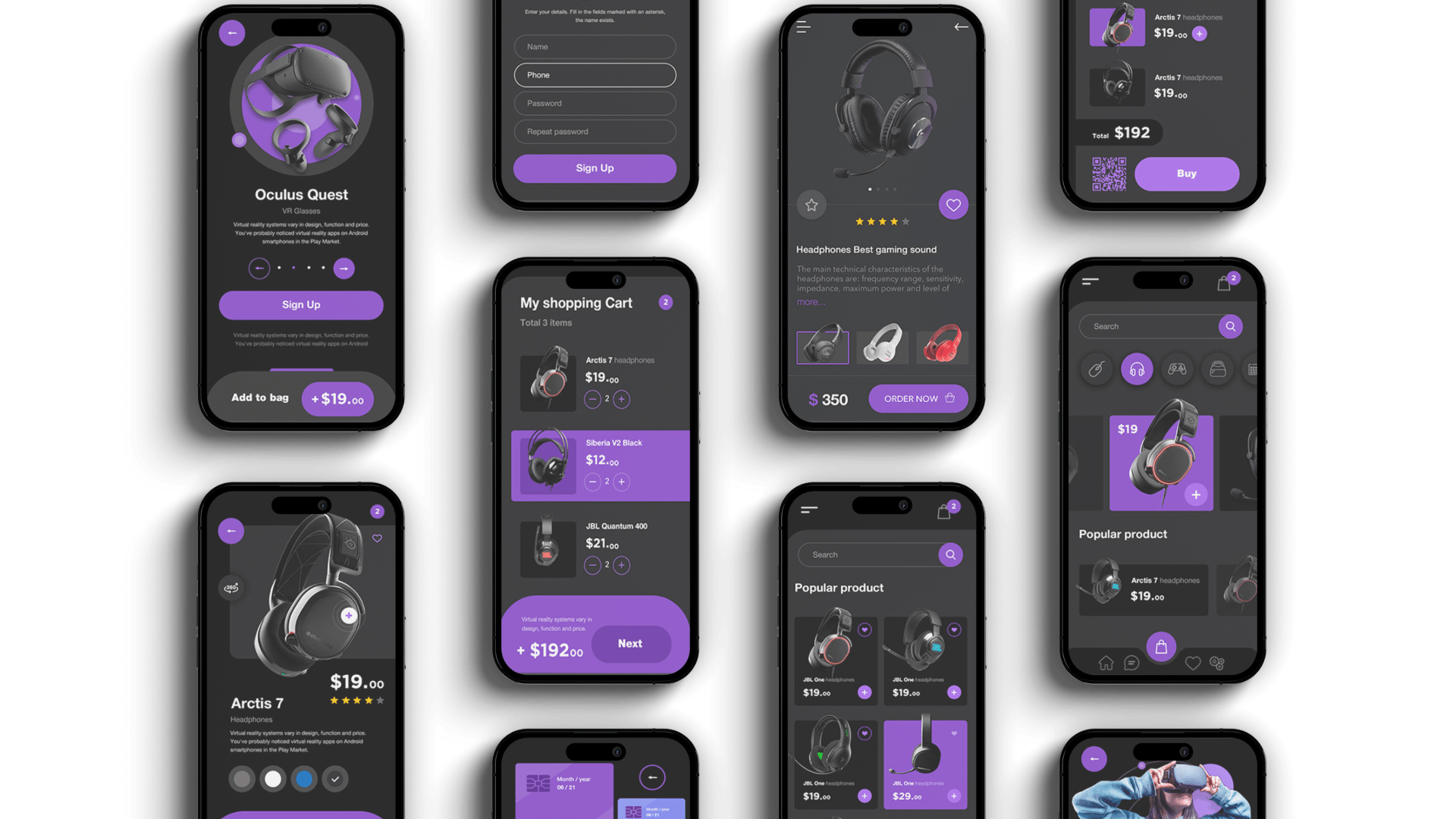
What problems does PWA have?
Disadvantages of PWAWhat problems does PWA have? Disadvantages of PWA
Like any other technology, progressive applications have not only strengths, but also weaknesses. But the plus is that most of these minuses can be worked on and their negative impact can be minimized. Let’s see how exactly:
- PWA always writes data to the cache. On the one hand, this is a rather convenient feature, because if necessary, the application can always access it offline. But on the other hand, it consumes a lot of device memory. This problem can be solved by optimizing the size of images and using “lazy loading” of resources, in which data will be cached only when necessary.
- No support for older browser versions. When working with PWA, you will have to work only with the latest versions of browsers, which is why some users will not be able to use the application.
- Problems with SEO optimization. Progressive applications can use dynamic content that is generated on the client side. But you need to understand that such content is poorly indexed by search robots. There are several ways to deal with this problem at once, here are the most common ones: firstly, you can use pre-rendering to create static HTML pages that are easily indexed, and secondly, you can use the meta tag to specify the correct metadata for each page .
Which business benefits from using PWA apps?
Practical applicationWhich business benefits from using PWA apps? Practical application
Progressive applications can be successfully used in most business areas, but they are most suitable for companies whose services customers use regularly. Let’s look at some practical examples:
- Delivery networks. This business is highly competitive, and PWA will help you deal with this problem. Firstly, customers will fulfill orders directly from the application, which means they will not see competitors’ offers, and secondly, the company will be able to stimulate customer demand using push notifications.
- Catering business. PWA will allow customers of restaurants and cafes to book a table or order food at home in a few clicks.
- Internet shops. By installing the PWA application, users will be able to find the store in one click and make purchases even offline, and the first time they connect to the Web, orders will be automatically uploaded to the company’s server, and they can be processed.
- Beauty sphere. Barbershops and beauty salons can use PWAs to keep track of clients online, send visit reminders via push notifications, and sell beauty products.
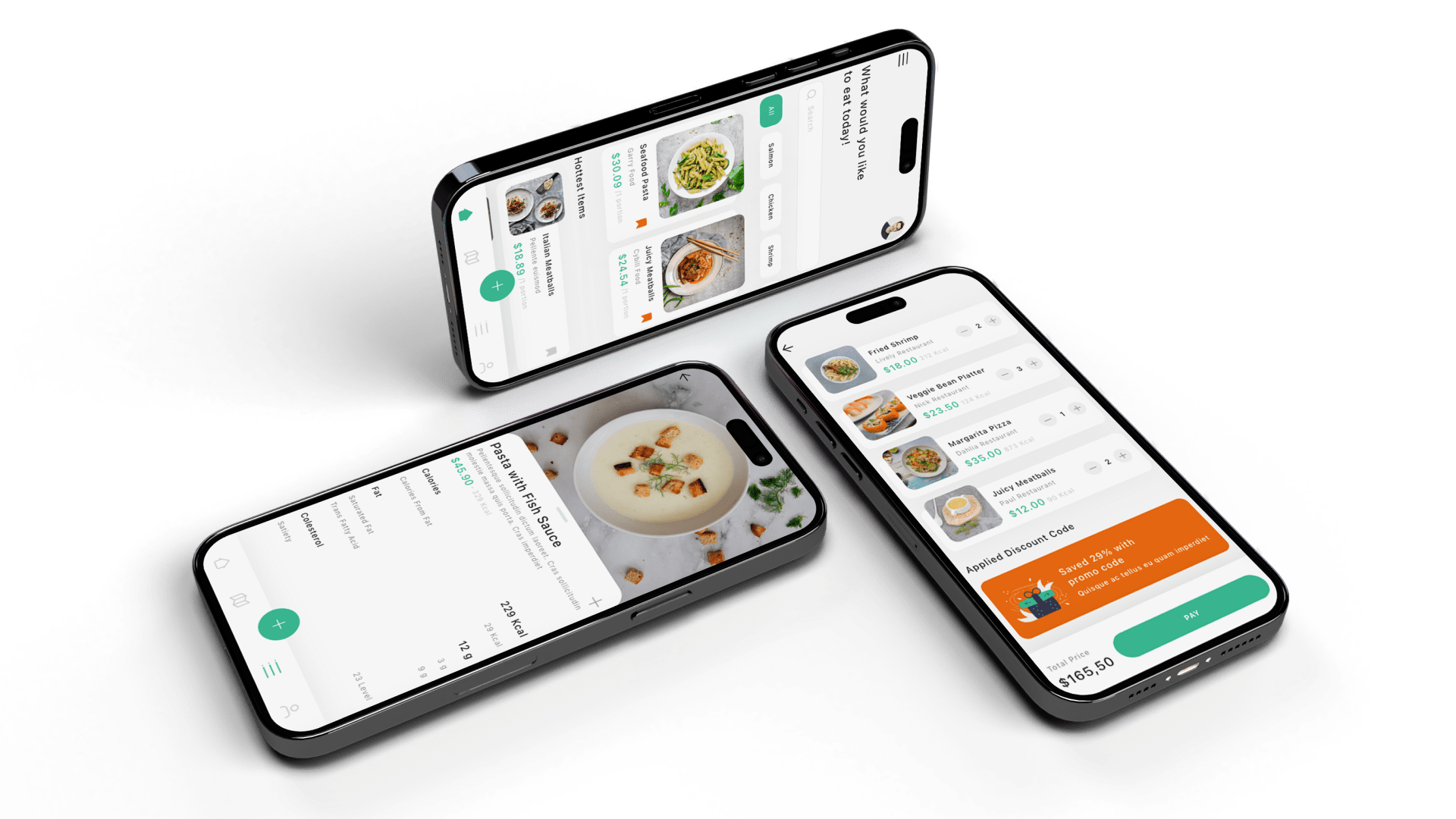
Conclusion
PWAConclusion PWA
PWA is a relatively new technology that helps businesses work more effectively online.
Of course, it has its advantages and disadvantages, but with the right optimization, progressive apps can be a good and relatively inexpensive replacement for native mobile apps on IOS and Android.
Fresh works
We create space projectsFresh works
The best confirmation of our qualifications and professionalism are the stories of the success of our clients and the differences in their business before and after working with us.
Our clients
What they say about usOur clients What they say about us
Successful projects are created only by the team
Our teamSuccessful projects
are created only by the team Our team












Contact the experts
Have a question?Contact the experts Have a question?
-
Phone:+ 38 (097) 036 29 32
-
E-mail:info@avada-media.com.ua

